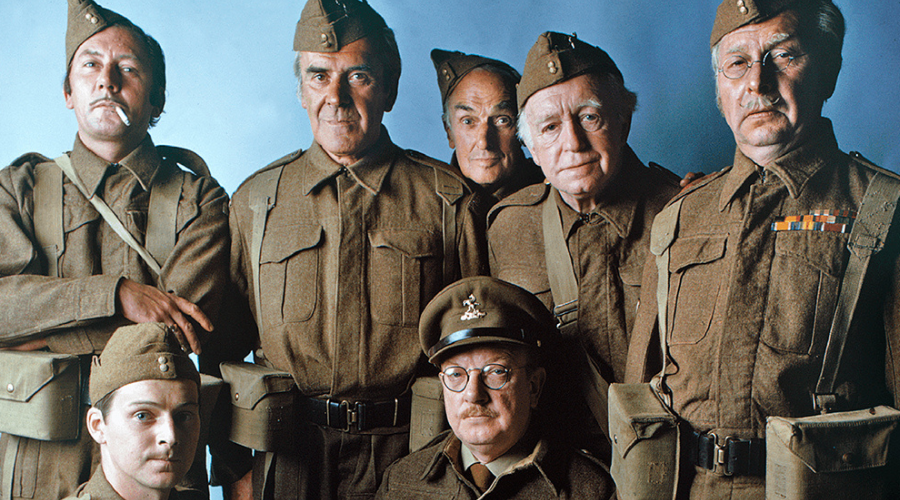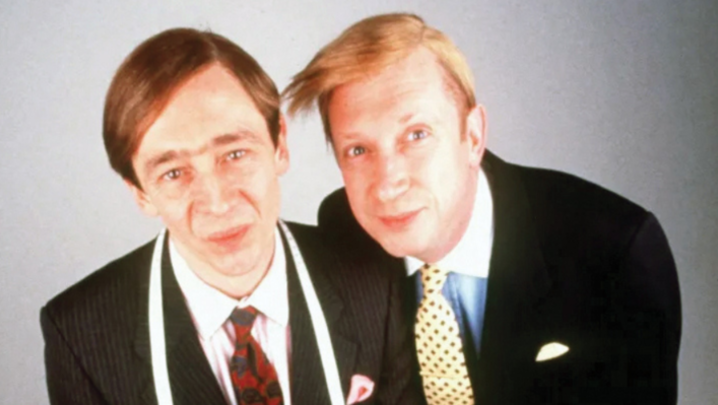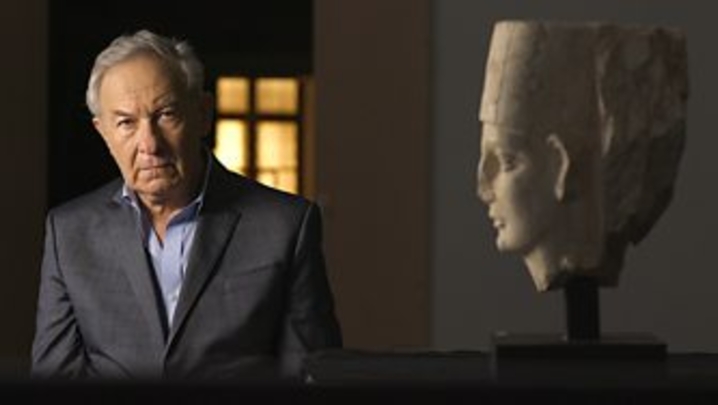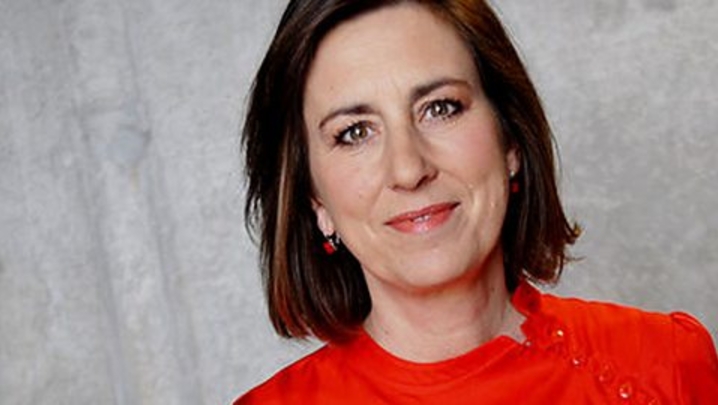A comedy set in wartime that feels safer than our own world. Like a favourite great uncle, it continues to spoil us, says Steve Clarke.
The year 1968 was marked by student unrest on British campuses, anti-Vietnam war demonstrations and Enoch Powell’s “rivers of blood” speech in Birmingham. It was also the year that, on a midweek night in late July, saw the debut of a deceptively unassuming and nostalgic English TV sitcom. Dad’s Army was destined to become a classic of the genre. Even at the time, the show seemed to belong to a totally different and more reassuring world to the one erupting outside our front doors.
That escapism, perhaps, was part of its appeal for, almost immediately, viewers liked the show, whose success took the BBC by surprise. At its peak, Dad’s Army was regularly watched by a staggering 18 million viewers.
Looking back, the series seemed to be as much a part of my Saturday entertainment routine as an afternoon football match at Carrow Road or Michael Parkinson’s late-night chat show. In fact, series one was shown on Wednesday evenings and it was not until series two that the then-BBC One controller, Paul Fox, promoted Dad’s Army to Saturday nights, where it remained for one season only.
Between 1968 and 1977, Dad’s Army ran for nine series, in the process switching from black and white to colour. Many still watched in monochrome because they lacked a colour TV set. That it’s been a fixture of so many TV schedules in the ensuing decades, not least on UK Gold and BBC Two (where it can currently be seen on Saturday evenings), speaks volumes about the enduring appeal of the bumbling but endlessly endearing Home Guard of Walmington-on-Sea. These, mostly elderly, amateur soldiers are Britain’s last line of defence against Hitler’s feared invasion.
Creator and co-writer Jimmy Perry had served in a Local Defence Volunteers platoon, aged just 16. This experience was the inspiration for a show rightly described by the Radio Times Guide to TV Comedy as “the zenith of British broad-comedy ensemble sitcom”. Perry and his writing partner, David Croft, conjured up a core cast of perfectly realised characters who are the closest thing we have to TV comedy immortals.
Arthur Lowe, who gives us that superb study in pomposity and self-delusion, Captain George Mainwaring, was already known to TV audiences as shopkeeper Leonard Swindley in Coronation Street. He had the perfect foil in John Le Mesurier’s elegant Sergeant Wilson – cultured and, much to Mainwaring’s annoyance, public-school educated. The English obsession with class and its attendant hypocrisies looms large in Dad’s Army’s comedy. Mainwaring, the town’s bank manager, and Wilson, his chief clerk, needle one another like an old married couple
Pike, the youngest member of the bumbling platoon, is in fact Wilson’s illegitimate son but refers to him as “uncle Arthur”.
The great Clive Dunn was probably Dad’s Army’s most popular character – Corporal Jones, the accident-prone local butcher, who gave Dad’s Army its best catchphrases – “They don’t like it up ’em”, “Permission to speak, sir!” and “Don’t panic!”. Only 48 when the show first aired, Dunn forged a career in playing characters older than himself.
Arguably, only the British could have poked such gentle fun at their military incompetence and lack of martial machismo; unsurprisingly, Rear Guard, a US version of Dad’s Army, got no further than a pilot in 1976.
The final member of the Dad’s Army cast to die (this February) was Ian Lavender, who played Pike. He still owned the knitted scarf his character’s mother gave him to protect his weak chest while on parade. He told The Guardian in 2018: “I feel immensely proud to have been part of the beast. We still watch it. Not every weekend but, if we’re in, yes. [It is] funny and endearing – a pleasant reminder of a gentler time.”
Who could possibly disagree?
Dad’s Army is on UKTV Gold and BBC Two.






